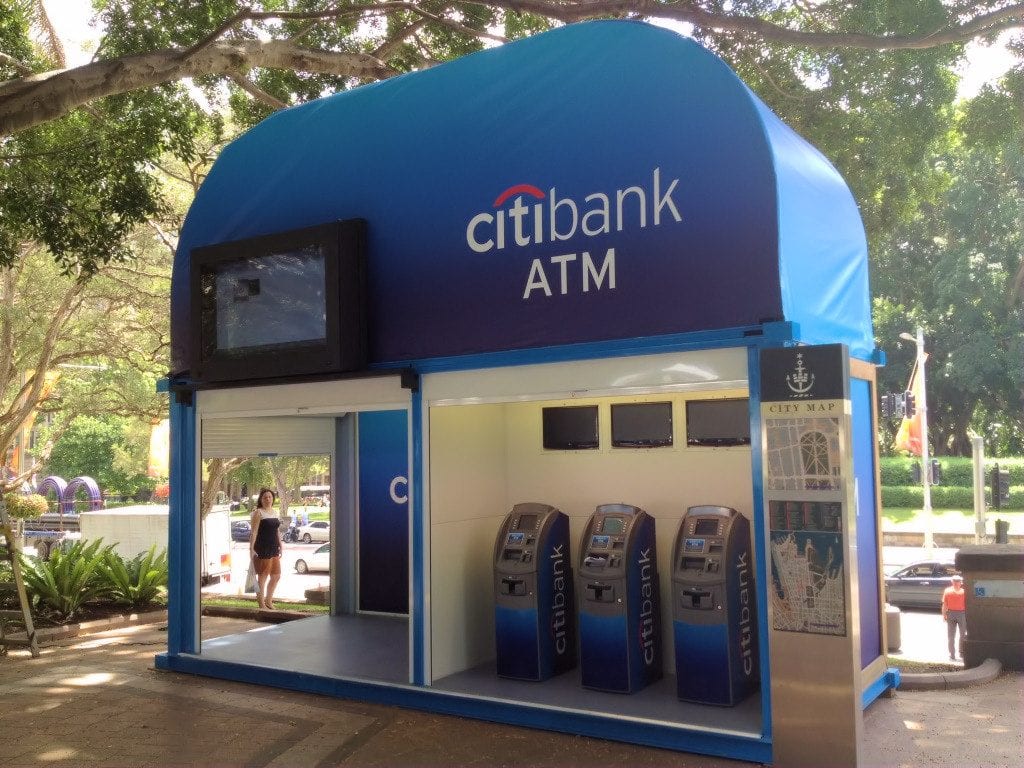
First-quarter profits plummeted 46 percent at Citigroup due in part to its high exposure to unsecured lending via credit cards.
Citi posted $2.52 billion in first-quarter profits and set aside $4.9 billion in anticipation of increasing defaults fuelled by the ongoing coronavirus pandemic. The U.S. business reported a first-quarter loss of $837 million with the card business representing half of the reserves set aside for expected loan losses.
Citi’s chief financial officer Mark Mason did not provide specific details on expected profitability pressures but nonetheless said it was «reasonable to expect» further loss provisioning spending on the effectiveness of U.S. government relief programs.
Credit card defaults are historically correlated with unemployment and the ongoing health crisis has placed added pressure on lenders more dependent on such unsecured loans. In 2019, the U.S. credit card business accounted for 15 percent of total net income.
Globally, the consumer banking business was flat as gains from the U.S. arm were offset by a 4 percent decline in Asia to $1.8 billion due to lower revenues in its cards business – this could see a boost from its recent partnership with major e-platform HKTVmall.
Citi’s overall earnings were offset in part by trading fees as equities and fixed income trading business posted a 39 percent spike as activity rose with increased turbulence.